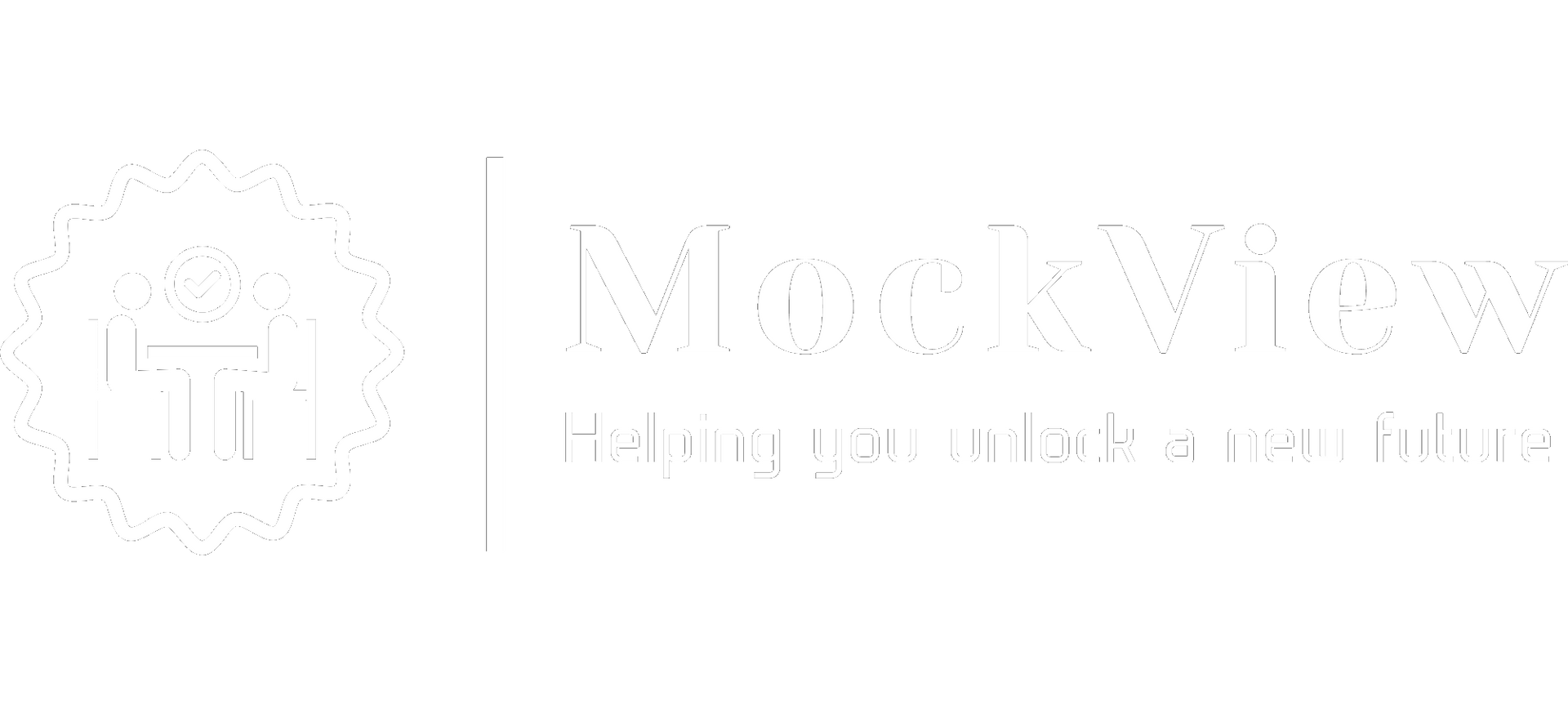Ear Power: Part 1
Empathy: Hearing The Other Side

Happy Interview Season! As you submit applications and begin to get interview requests from interested programs, you will be spending more time preparing for interviews. The first interview may not go as planned, and that's okay! If positioned correctly, your first interview can be from a program or role of lower priority, providing a launchpad for refining your technique for other higher-priority interviews.
As part of that fine-tuning, one question you may ask yourself is, "How do I get their attention with my answers?"
Start by hearing every word of the question being asked, and we mean every word! It only takes one word to change the strategy for a response. For example, "Describe a time you worked with a colleague on a project" will likely elicit a different answer than "Describe a time you worked with a challenging colleague on a project."
Many tend to get uncomfortable with the silence that occurs after a question is asked, and often subconsciously start speaking to avoid prolonging the silence. Without a full understanding of the question, this leads to responses that contain filler sounds, stumbling, and, most crucially, does not provide an answer of substance, which negatively raises the interviewers' eyebrows. Pause for a moment to compose, you will be fine!
After they finish speaking, ask yourself why the interviewers are asking this question. For instance, if you were a Director in the same company and were interviewing someone for a leadership role such as a Senior Manager, would you want to hear the same information the interviewee had already listed on their CV? At first glance, you may be inclined to think that this is someone who shows up with no original on-the-spot insights beyond what they have already described, among other preconceptions.
Once you understand the why in 1-3 keywords (like "They are looking for" + leadership/problem solving/autonomy/management/etc.), review curated stories that showcase those key skills which overlap with the why. This approach, in combination with a strategic delivery which we will cover in future posts, is a start to blowing away your interviewers with your responses. We can help you create these stories when you purchase a MockView session!
Lastly, when beginning to respond, load small digestible portions of your response before actually sounding them into the air. This listening framework is a crucial step in creating that substance-containing response.
As you repeat this process for each question, pay attention to their responses, especially beyond what they say. Take note of the interviewers' facial expressions, tone, their unique speech patterns, and assess their general demeanor towards the interview; obtaining this information will be greatly impactful in curating your responses.

For example, if the interviewer sounds monotone, uses one-word expressions, and/or appears uninterested in the interview, that may not entirely be your fault! Remember, just like you, they are also busy people who are likely balancing time in this interview with a high-demand workload, a boss with unreasonable expectations, personal commitments, and interviews with many others.
This demeanor can also be because of you; if you notice this later in the interview and your responses are long, unorganized, and lack substance, they may have zoned out. Control this by being succinct with your responses and intentional with every word uttered. Acknowledge by briefly inquiring about their day and (if you have prior industry experience) try to relate by briefly sharing a stressful event, highlight the similarity with the interviewer's experience, and, in one 1-sentence, what you learned from it. Reflecting what you hear through ad-hoc responses to these subtle comments from the interviewer forms a stronger memory of you through piled-on emotional cues and stand you out from other candidates. This is a way to empathize with them. Not many know how to empathize properly, and this soft skill, applied in this way, will make you harder to forget. Every piece of leverage counts!

We were given two ears and one mouth! Listen to everything that is said and seen, it's all vital information that can be used as ammunition in building effective responses! Implementing this framework takes practice, and you will improve with repetition and preparation by curating your professional experiences.

